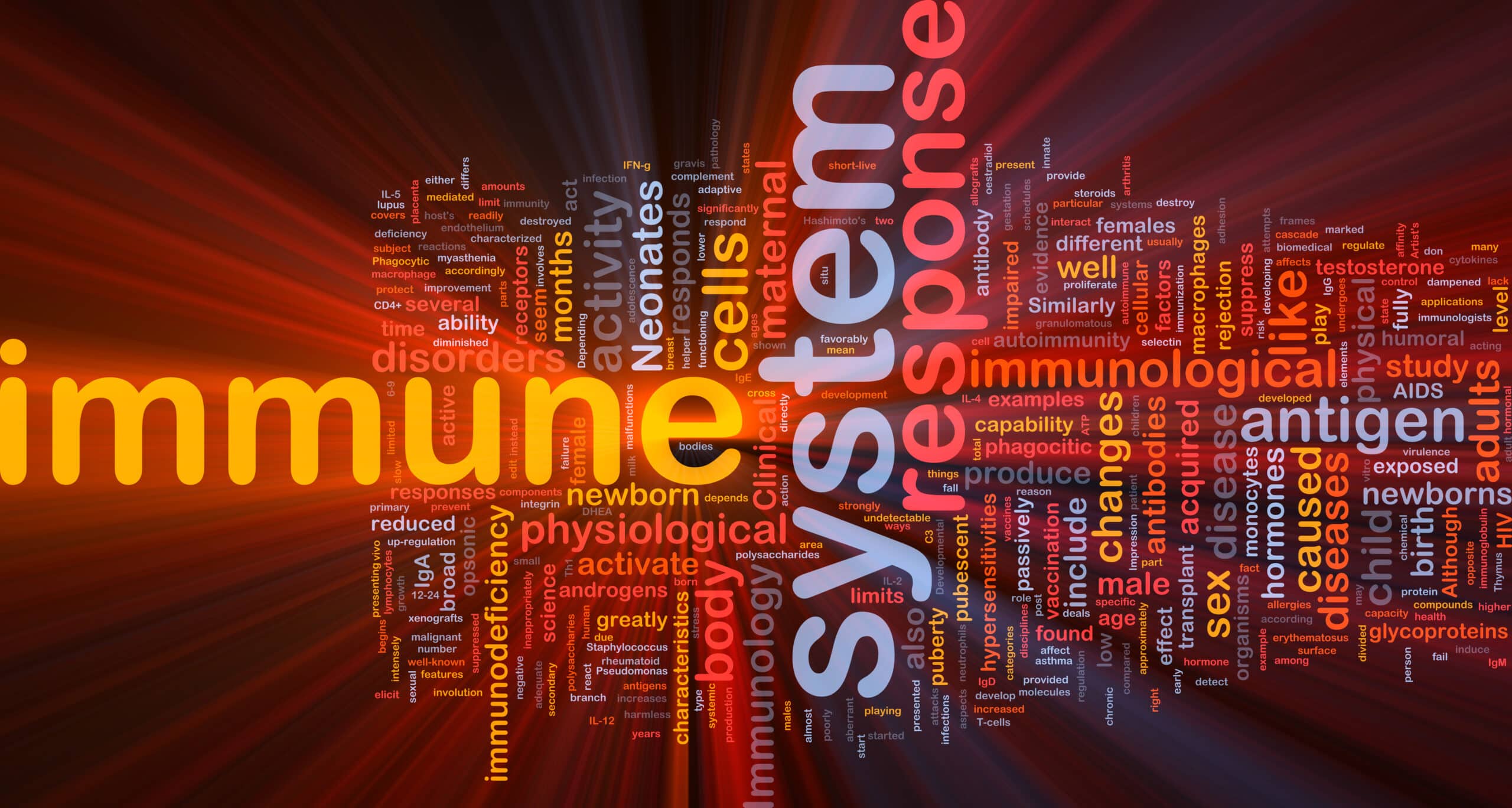Mind-Body Connection
A number of years ago, I became interested in a new field of medicine called Psycho-Neuro Immunology (PNI for short). PNI helps explain the scientific basis of the mind-body connection. We have all had a bad day or two, but what if we felt sad for months or even years? Most likely you would be considered medically to be suffering from chronic depression. In the United States about 7% of adults are diagnosed with clinically significant depression, and several times this number have symptoms of depression that have not been diagnosed.
So, if we are chronically depressed or stressed, these emotions stimulate a structure in our brain called the amygdala (meaning almond-like). This is located in the temporal lobe of our brain, it is the repository for all of our emotions. The amygdala through its various connections interacts with our immune system, (mind-body connection) where our immune system’s natural killer T-cells find and destroy infected cells that have been turned into virus-making factories. Our immune system ideally functions to fight infection and keeps excessive inflammation under control. Its function can become altered, however, by conditions like depression, chronic stress, and chronic pain. This psychoneuroimmunology connection can suppress our immune system, suppress our ability to fight off infection and possibly make us more susceptible to chronic degenerative diseases – like heart and vascular disease.
The important news is that recognizing symptoms of depression and chronic stress, and doing something about it, is important not only for our body and especially now our immune system.
Ways to support your immune system:
- Exercise. Consistent, regular physical activity is the best anti-depressant and stress reliever, without side effects. It helps counter decreased libido, hunger, weight gain and other symptoms of depression. It also helps regulate cortisol, the stress hormone.
- Address gut health. A major connection of PNI is with our microbiome, which is sometimes referred to as our “second brain.” In our intestinal tract, we have about 2.5 pounds of bacteria – and interestingly, our brain weighs about the same. Seventy percent of our immunity is produced in the cells that line our gut, and the gut is connected to the brain through the vagus nerve. So, what we eat becomes extremely important relative to how our brain functions.
- Mindfulness. This is the practice of eliminating the daily distractions for a period of time – even one minute – and focusing on the self. Relax. Often it is done by focusing and slowing your breathing or heartbeat to induce a calm and restful state.
- Diet. We should avoid inflammatory and fried foods, added sugars, refined carbohydrates, alcohol, and processed meats. Along with proper nutrition, various supplements are often suggested to help enhance our immunity and include: probiotics, zinc, vitamin C, vitamin D3, as well as B vitamins to include B12 and B6. Along with a healthy diet, adequate sleep and rest are critical for a strong immune system.




